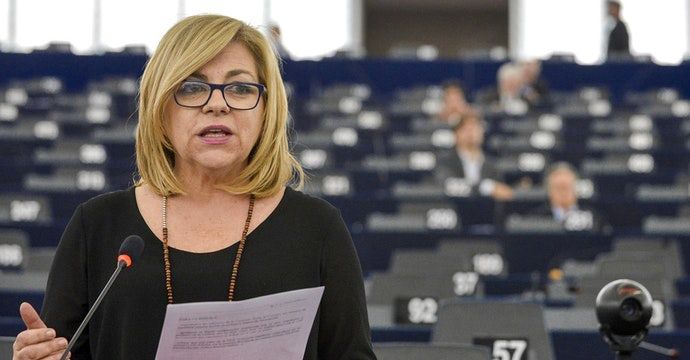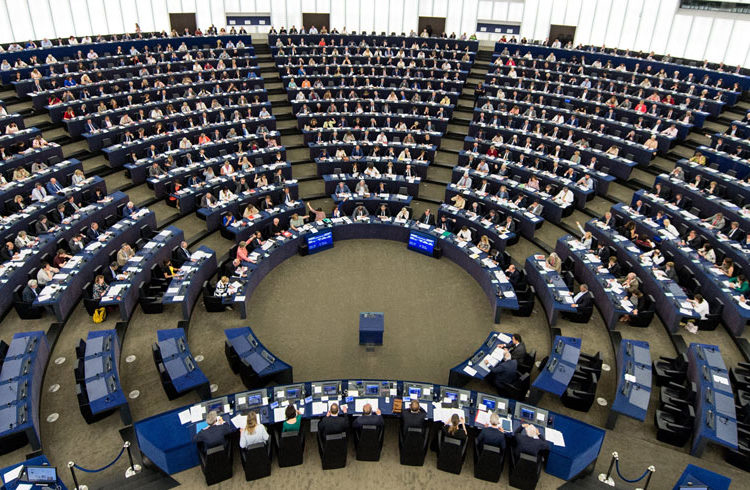The European Parliament’s Foreign Affairs Commission approved this Tuesday the European Union (EU)-Cuba Political Dialogue and Cooperation Agreement, which opens a new era in bilateral relations and asks the island for greater respect for human rights.
Signed in December 2016 by EU High Commissioner for Foreign Policy Federica Mogherini and Cuban Foreign Minister Bruno Rodríguez, the agreement put an end to the so-called Common Position, which governed relations between both parties since 1996.
The agreement – which was approved with 57 votes in favor, nine against and two abstentions, in what is considered the step prior to its definitive approval by the European Parliament – aims to boost mutual cooperation, political dialogue and commercial relations between the EU and Cuba.
In addition, the MPs approved by a wide majority a joint parliamentary resolution against the U.S. economic blockade and recognizes the negative impact of that policy on the Cubans.
The resolution also includes a clause on human rights to ensure that the new bilateral relations serve to improve Cubans’ living conditions. The clause warns about the suspension of the cooperation agreement in case what is stipulated in that sense is violated.
The MPs pointed out to the island’s government that it should align its human rights policy to the international agreements to which it is a signatory. Moreover, they affirm that the persecution and reclusion of any person for peaceful political ideas or activities supposes an infringement of the Universal Declaration of Human Rights and asks for the release of those who are imprisoned for those reasons.
Spanish Socialist European Parliament MP Elena Valenciano, who presented the resolution, told EFE news agency that she felt “satisfied” with the wide support for a text she considered “very balanced” and that “reflects the different positions of the European Parliament.”
“What’s important is that the agreement has been given the green light but guarantees are also established for meeting the standards of human rights and freedoms. With this voting, the European Parliament is betting on dialogue and cooperation with Cuba as the best instrument to advance in constructive and future relations that benefit the citizens on both sides of the Atlantic,” she added.
The MP, who confirmed to EFE that a European parliamentary commission is planning to visit the island on a date still to be set, highlighted that with the agreement the incongruity of the EU maintaining relations with all of Latin America except with Havana had come to an end.

Meanwhile, the also Spanish European Parliament MP Luis De Grandes, member of the ruling Popular Party, pointed out after the voting that “the EU must take advantage of the opportunity this agreement offers to establish an encouraging future for the new Cuban generations.”
De Grandes said that his parliamentary group considers that “the Cuban authorities must open a democratic process that includes the release of all political prisoners, the full respect for human rights, freedom of the press, recognition of freedom of meeting and the organization of fair and free elections.”
The EU-Cuba Political Dialogue and Cooperation Agreement, which came into force provisionally since its signing, has been ratified by different commission of the European Parliament and national parliaments of the EU member states, and it will be voted on in next July’s plenary meeting in the headquarters of the European Parliament in Strasburg.
Its parliamentary ratification is taking place at a time of tension between Cuba and the United States, after President Donald Trump announced last Friday in Miami a rollback in the bilateral rapprochement initiated in December 2014 by Presidents Raúl Castro and Barack Obama.










